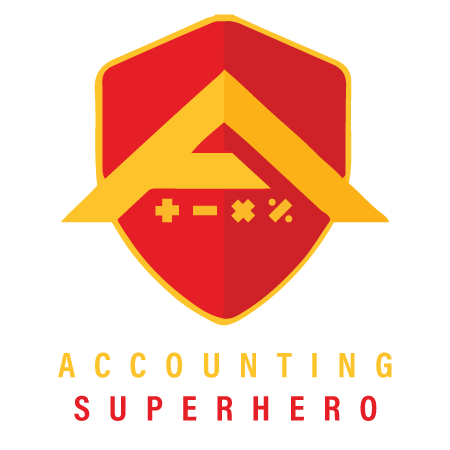More and more accountants and businesses are moving towards cloud-based accounting and with 88% of SMEs demanding cloud solutions, this isn’t something that is going to slow down anytime soon. However, we recognise that many accountants and small business owners feel reluctant about the transition. So, here’s a quick breakdown of cloud accounting and what it could mean for the future of accountancy in your business.
What is ‘the cloud’? or Where is this data anyway?
However it may sound, data in ‘the cloud’ isn’t just floating around in white fluffy things in the sky. It is stored on physical servers – usually multiple physical servers, often in different geographic locations. People and organisations buy or lease storage capacity from the server providers to store user, organisation, or application data.
‘The cloud’ is just a term used to refer to software and services that are run on the Internet, instead of locally on your physical device. Cloud services are usually accessed either through an internet browser or through a specially made app. You probably already use cloud software. Google Drive, Netflix and Dropbox are all examples of cloud technology.
Cloud accounting works in exactly the same way. It’s used just like traditional accounting software but instead of your data being stored on a computer or a hard-drive, it’s stored remotely on secure servers.
Benefits of cloud accounting
Cloud accounting means that you can check on your finances at anytime, from any location, and on any device. As long as you have internet access, you can access your financial data.
Furthermore, this data will always be up-to-date. As soon as financial information has been input, it will immediately be available to all of your company or team, wherever they are.
No paperwork! Cloud accounting removes the necessity of searching through mounds of receipts and invoices. It’s all available on your computer screen.
It can save you money. With on-premises storage, whenever a business grows they must pay increased maintenance, licensing and software costs. But with cloud accounting, there’s far less initial infrastructure needed and no IT staff requirements for maintenance. Most cloud accounting is paid for on a subscription basis so you’re only paying for the data that you’re actually using.
Should I be worried about hacking?
While cases of hacking are very high profile and attention-grabbing, the web is still a very safe place for your data – providing you take the usual precautions! These are just as important when using cloud accounting.
Make sure your passwords are secure. While obvious, this is the main cause of third-parties accessing your data. Passwords should us a combination of letters, numbers and symbols.
Use multi-factor authentication. Cloud companies offer multi-factor identification, meaning that as well as using your username and password to log-in, you’ll require another code – such as a number sent to your mobile device.
Use anti-virus/malware software
Be aware of phishing scams – never click on links or downloads in emails if you’re not certain that it’s legitimate
Make your staff aware of online safety procedures
Is cloud accounting safe?
To answer this question first, think about how you store your financial data at the moment.
Most likely it’s stored on a computer and is moved around over email or on a USB stick. This could be lost in a fire, flood, burglary, left on a train or simply dropped down the back of the sofa.
This would never happen with cloud-based accounting. Even if your laptop was stolen, all of your financial data is automatically backed up and would remain fully up-to-date. If someone had access to your laptop they still couldn’t login to your cloud accounting software if you are using a secure password.
Data stored on your computer is vulnerable to viruses and ransomware, as well as physical theft. With cloud accounting not only is there more than one backup, but your data is backed up in multiple locations. Cloud accounting company Xero state that their data centres have 24/7 onsite security and strictly controlled access. Xero say that they maintain ‘multiple geographically separated data replicas and hosting environments to minimize the risk of data loss or outages’.
As well as physical security, data centres use the most highly sophisticated digital security possible. It eliminates the risk of anyone leaving their phones and laptops unlocked and unsupervised whenever they leave their desk to get a coffee or grab lunch!
Cloud applications use encrypted connections when transferring data. This means that the data is encrypted before it’s sent from your device to the remote server and then again when it returns. This means that it can’t be intercepted and read by a third party.
So, in our opinion – yes, cloud accounting is safe. Or, at the very least, safer than most traditional accounting storage.

